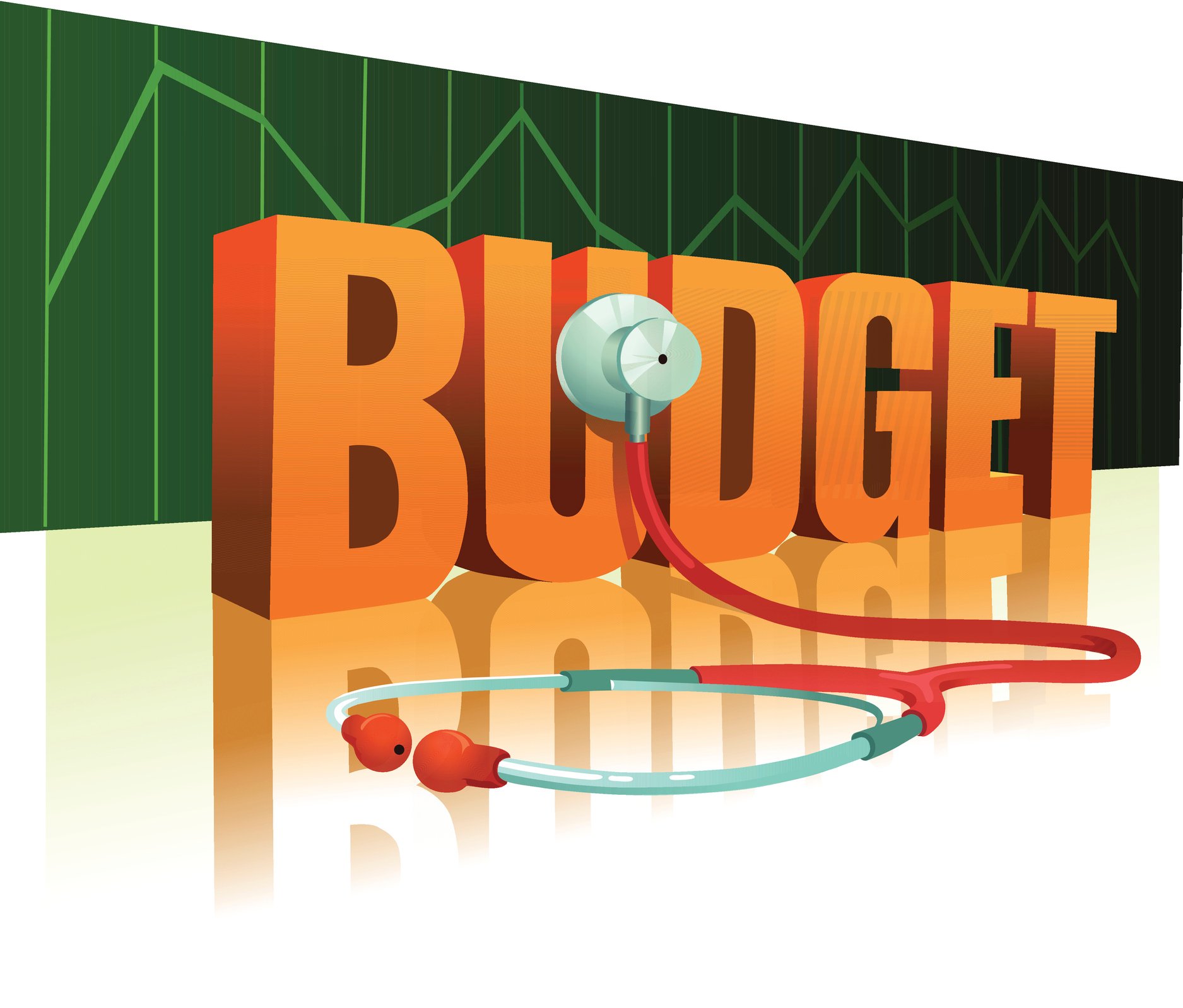Training Program Course

Fiscal Policy Analysis (FPA)

This course provides an overview of the concepts, tools, and techniques used to analyze how fiscal policy can help ensure macroeconomic stability and sustainable long-term growth. This hands-on course is built around the core macro-fiscal topics needed to analyze fiscal policy. The learning units include general empirical findings, Microsoft Excel-based workshops, case studies, and selected topics of regional interest. The course integrates recent research findings and policy discussions by the Fund. It also includes an inclusive growth component, featuring new units on climate change and gender inequality. The course features selected non-core lectures on energy subsidy reform and fiscal frameworks for resource-rich economies. It also includes review sessions and participant presentations.
The course will appeal to officials seeking to deepen their understanding of how fiscal policy impacts the economy and to learn about related analytical tools.
Target Audience
Junior to senior officials in finance or economics ministries, fiscal councils and central banks who are engaged in policy planning, evaluation and research, and are interested in assessing fiscal policy and its macroeconomic implications.
Qualifications
Participants are expected to have taken undergraduate courses in macroeconomics or have equivalent experience and have a basic background in microeconomics and econometrics. Familiarity with Microsoft Excel is essential as many workshops are conducted in Excel.
Course Objectives
Upon completion of this course, participants should be able to:
- Use fiscal policy to attain key government objectives: macro-stability, equity and efficiency, and sustainable long-term growth.
- Apply the tools and techniques acquired to assess the country's fiscal stance, fiscal multipliers, and fiscal sustainability.
- Assess the key elements of tax and expenditure policy, including revenue mobilization and fiscal projection.
Syllabus
Upcoming Offering
| Start date | End date | Location | Delivery Method | Session No. | Primary & (Interpretation) language | Apply |
|---|---|---|---|---|---|---|
| March 30, 2026 | April 10, 2026 | Abu Dhabi, United Arab Emirates | In-person Training | CE 26.12 | English | Deadline passed |
| July 6, 2026 | July 17, 2026 | Vienna, Austria | In-person Training | JV 26.19 | English | Apply online by March 22, 2026 |
| November 30, 2026 | December 11, 2026 | Singapore, Singapore | In-person Training | ST 26.27 | English | Apply online by August 17, 2026 |
| December 7, 2026 | December 18, 2026 | Washington, D.C., United States | In-person Training | HQ 26.11 | Spanish | Apply online by July 5, 2026 |


